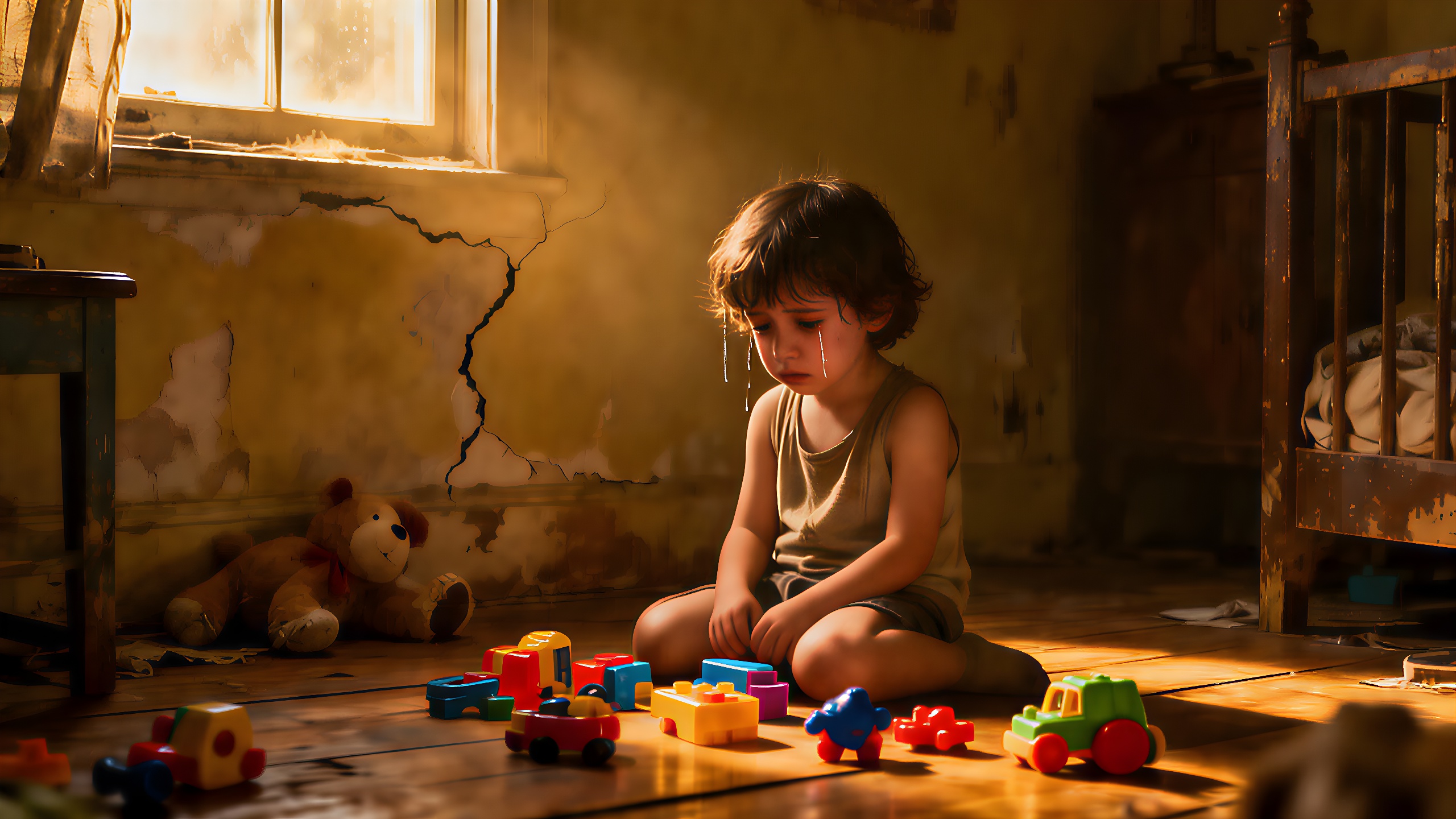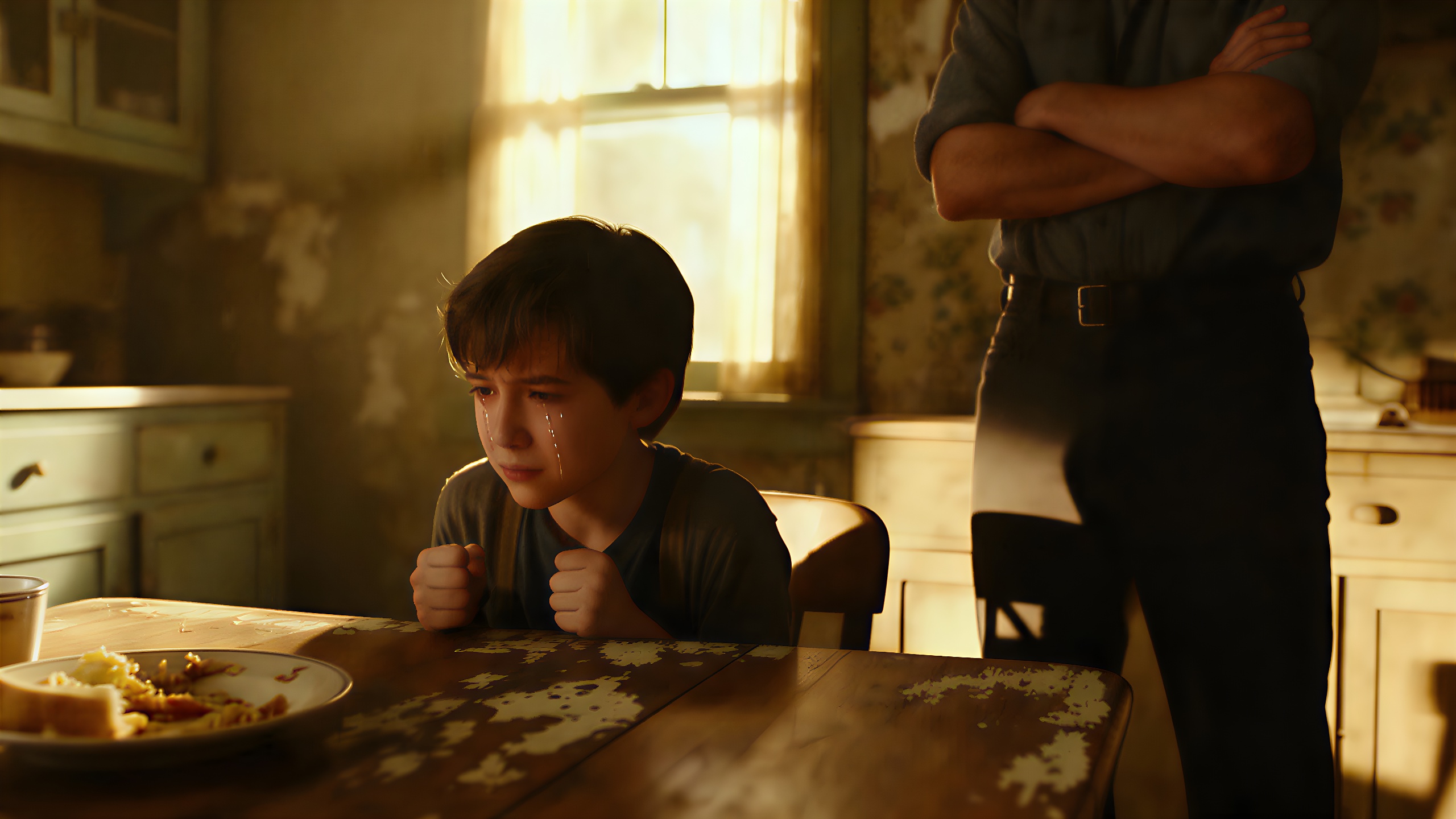12 toxic parental habits ruin children

Parenting is not an easy task. Often we act with the best intentions, but some habits can inadvertently have negative effects on our children. Here are 12 toxic behaviors that parents display unconsciously.
One of the most common dangerous habits is the constant overvaluation of achievements. If you repeatedly tell your child that they must be perfect, it might lead them to fear failure. You may feel you are motivating them, but it could have the opposite effect.
Comparison with others
Comparing your child to others can be fatal. Every child is unique and develops at their own pace. By comparing them to siblings or classmates, they might feel less valuable.

Such comparisons can increase the pressure on your child to prove themselves. They might feel that they are only loved if they achieve better results than others. This can lead to a constant feeling of inadequacy.
Instead, try to appreciate your child's individuality and help them recognize their own strengths. Celebrate their progress, no matter how small it may seem.
Emotional blackmail
Another toxic habit is emotional blackmail. Sometimes parents use guilt to get their kids to do what they want. Statements like 'If you really loved me, you would help me' are not only manipulative but also harmful.

Such tactics can cause your child to struggle with setting boundaries or recognizing their own needs. They learn that their values must depend on the well-being of others.
Lack of support
Parents who do not support their children in challenges risk making them feel lost. This includes not helping with homework or not being present at competitions. If you do not encourage your child, they may feel that their efforts are not appreciated.

You don't have to monitor every step of your child, but a baseline of support and encouragement is crucial. Show interest in your child's activities and be there promptly when they need support.
By showing them that you are interested in their abilities and interests, you strengthen their self-esteem and build trust.
Remember that children learn a lot from their social and emotional environment. By building a healthy relationship with your child, you create a stable foundation on which they can grow.
To shed toxic habits, it is important that you as a parent work on your own emotional health. Reflect on your own experiences and consider how they influence your behavior.
It may be time to rethink some of your views and introduce new, healthy habits that help your child thrive in a positive environment.
The key is to find a balance between guidance and freedom that allows your child to learn, grow, and realize themselves.
When we learn to recognize and change such toxic habits, we can help our children lead healthier, happier, and more fulfilling lives.


